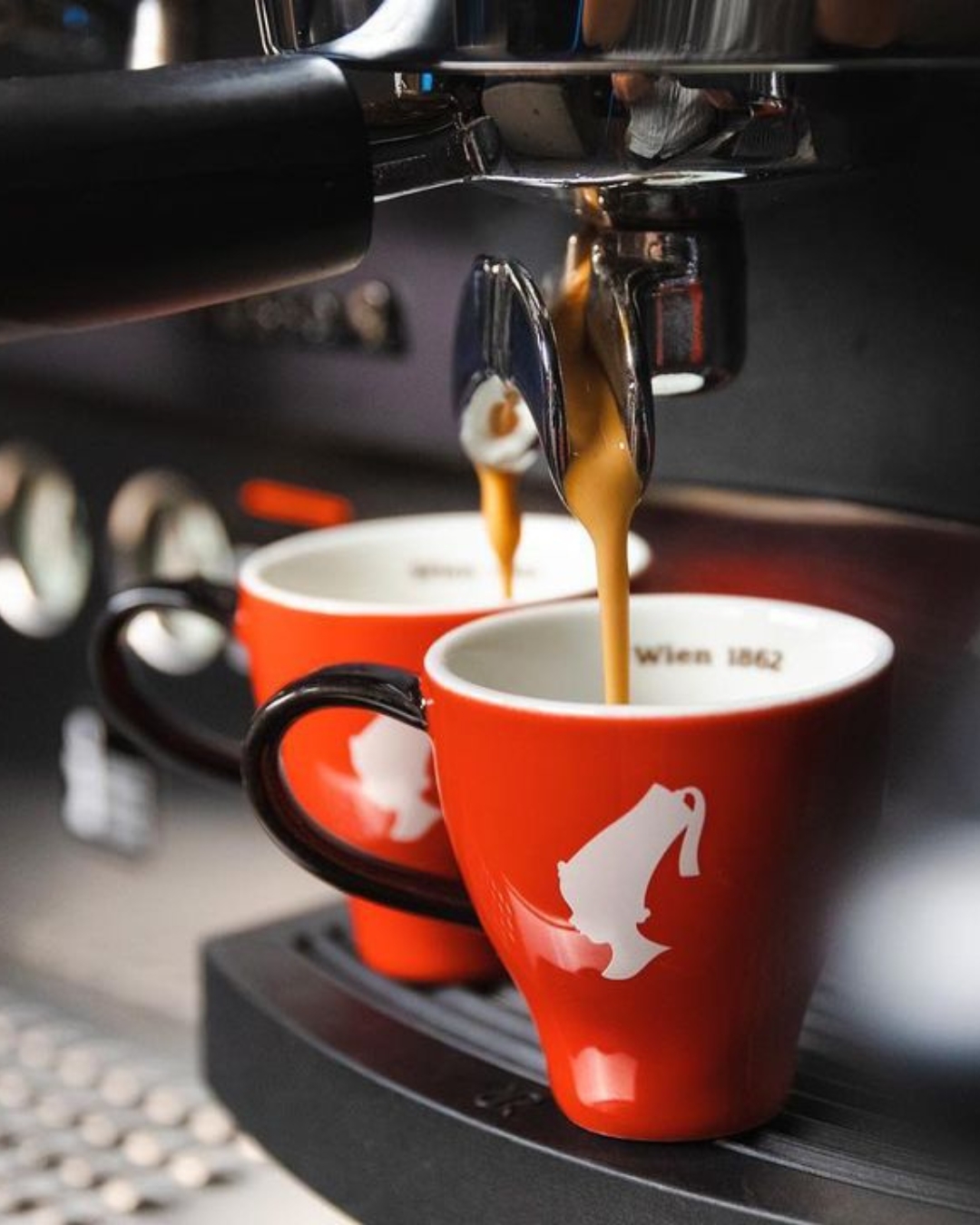Coffee is more than just taste. It’s a story of craftsmanship, care, and sustainability, where every decision, from selecting the finest beans to roasting and brewing, shapes the consumer experience.
Today’s consumers are paying more attention to these choices and seeking products that align with their values. In conjunction with International Coffee Day, let’s explore what truly makes coffee premium and why every step of its journey matters.
What Makes Coffee Truly Premium?
Quality Beans & Responsible Sourcing
Premium coffee begins with beans grown under optimal conditions, often at higher altitudes, which enhance their unique, nuanced, and complex flavours. Responsible sourcing is essential, including building direct relationships with farmers, ensuring fair trade practices, and adopting environmentally sustainable farming methods. Manufacturers should prioritise third-party certifications such as Organic, Fairtrade, and Rainforest Alliance to verify ethical and sustainable practices throughout the supply chain5.
Expert Roasting & Sustainability
Roasting is pivotal in unlocking coffee’s full flavour potential. Expert roasters carefully balance time, temperature, and roast profiles to preserve freshness and enhance the beans’ complex flavours, aromas, and balance, ensuring each cup is consistent and high-quality. Sustainability is also key, with energy-efficient roasting systems and waste reduction techniques—such as light roasting—reducing carbon emissions by around 33% compared to dark roasting6, highlighting the environmental impact of roasting methods.
Brand & Storytelling
In specialty coffee, storytelling is more than just an origin label. It shares the journey from farm to cup while creating a captivating representation of the place and people behind the beans. This approach enhances the consumer experience, builds trust, and fosters loyalty by weaving authentic narratives around the product’s origin4. Even larger brands have embraced storytelling in their specialty coffee lines, highlighting its power to create emotional connections.
Customer Experience
Premium coffee goes beyond the product itself, encompassing professional training, tailored services, curated experiences, and expert support. These touchpoints build strong relationships with customers and partners. Intellectual experiences drive advocacy, while sensory and emotional experiences influence repurchase intentions and overall satisfaction3.
Julius Meinl


Julius Meinl, a Viennese roaster with a five-generation legacy, exemplifies many principles of premium coffee. Their products—from beans to coffee capsules—reflect careful sourcing, craftsmanship, and sustainability. While commonly used at home, Julius Meinl is also a preferred choice of leading international hotel brands worldwide. These capsules are equally suitable for foodservice settings, including restaurants and cafés, providing a premium coffee experience.

Their Bio Inspresso capsules are fully biodegradable and compostable1, and their partnerships with Fairtrade, Rainforest Alliance, and organic certification bodies ensure ethical and environmentally responsible practices throughout the supply chain2.
By combining quality, traceability, and eco-conscious practices, Julius Meinl demonstrates how premium coffee can deliver both flavour and responsible solutions for the foodservice sector.
At DPO International, we are proud to partner with Julius Meinl, offering a range of coffee solutions for foodservice and consumer markets. From single-origin beans to biodegradable capsules, these offerings help create memorable coffee experiences, while supporting sustainability and responsible practices at every step.








